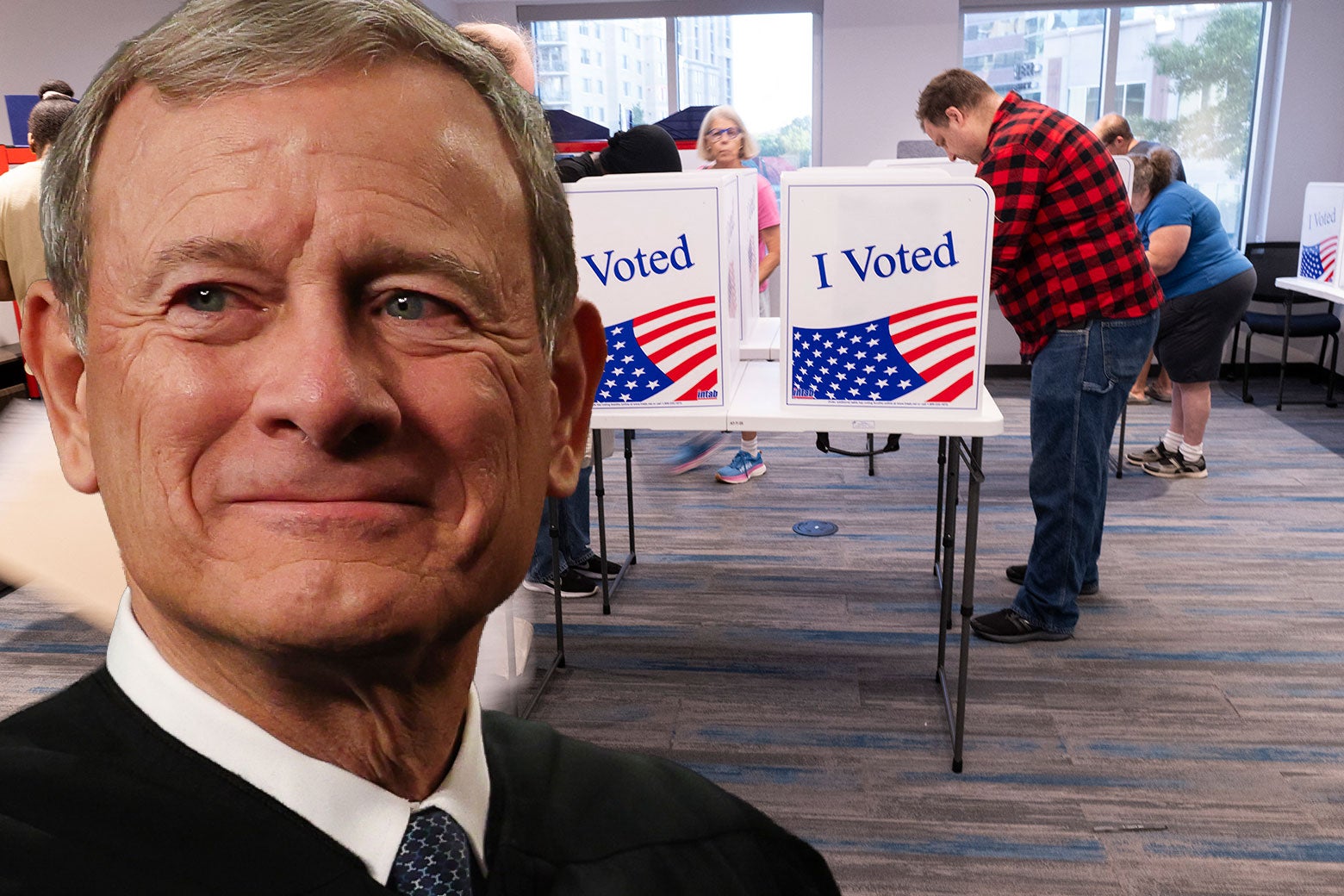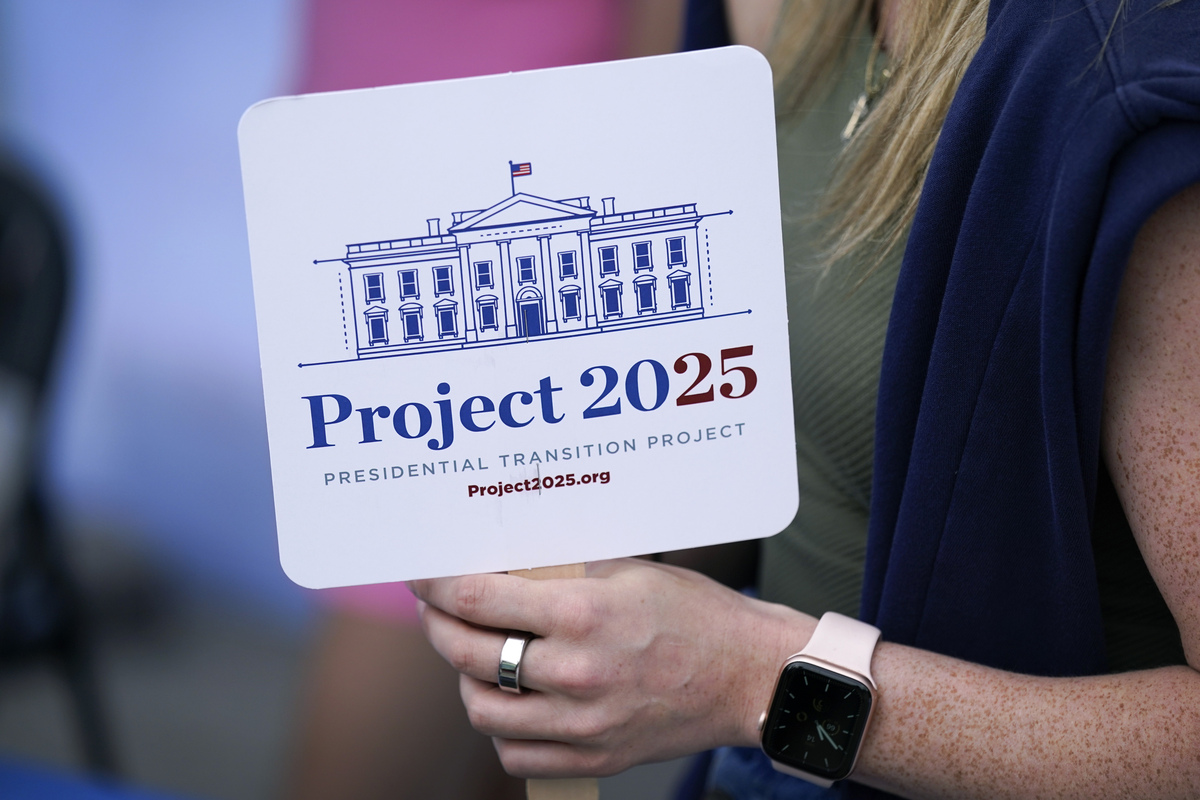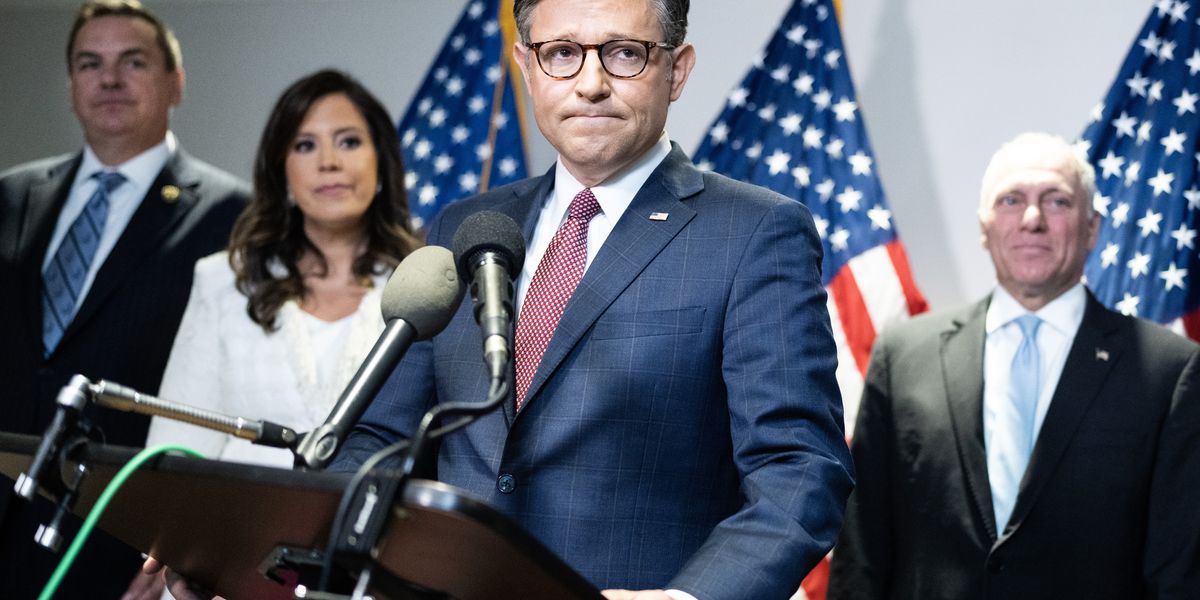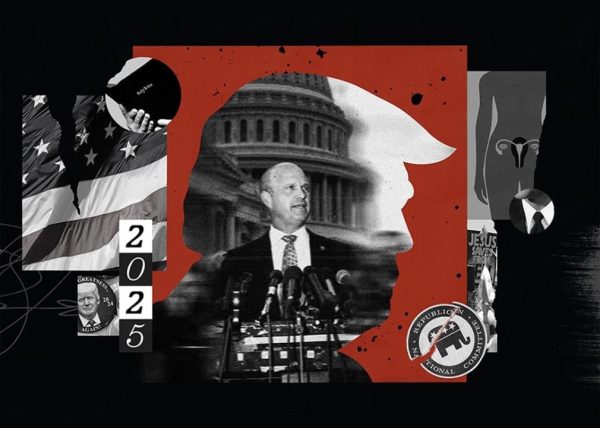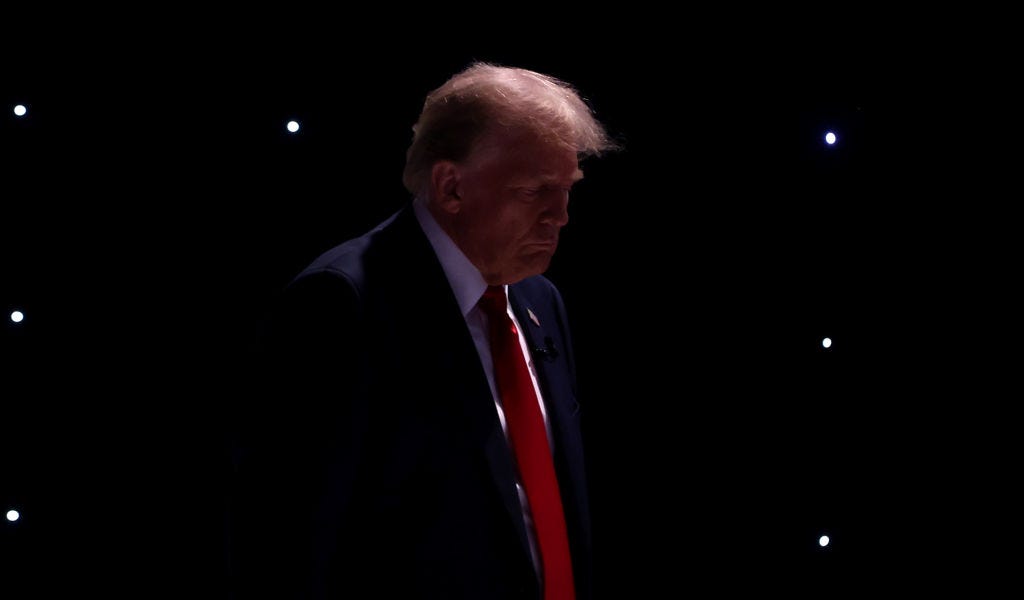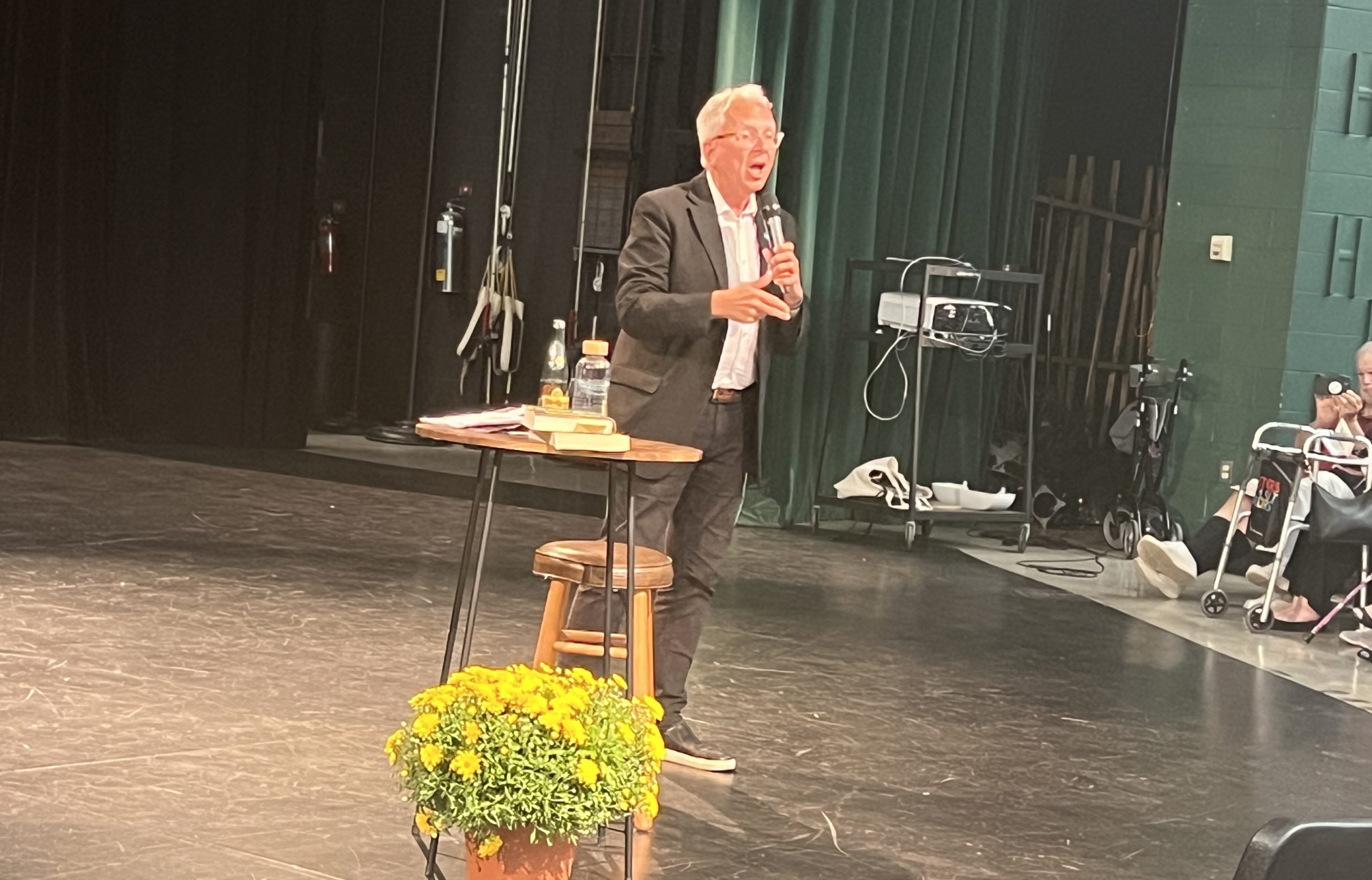Originally by Allegra Lawrence-Hardy, Joyce White Vance at slate.com
In the United States, our ability to vote is supposed to be protected by law. But on the Voting Rights Act’s 60th anniversary, that law is being eviscerated to stop voters and their lawyers from defending that freedom in court.
Our courts are a modern-day public square, where anyone is supposedly able to confront injustice, hold the powerful accountable, and defend their rights. For generations, courts helped ensure equal access to the ballot, striking down racial gerrymanders and discriminatory voting laws.
But now, that public square is being fenced off—and in some places, it feels like a permanent wall is going up.
The most consequential blow came in 2013, when the Supreme Court gutted the Voting Rights Act in Shelby County v. Holder, effectively ending preclearance, which required states and localities with histories of discrimination to seek federal approval before changing voting laws.
Writing for the majority, Chief Justice John Roberts claimed the “blight of racial discrimination in voting” had been largely cured, a conclusion many called dangerously premature. As Justice Ruth Bader Ginsburg warned in dissent, ending preclearance was like “throwing away your umbrella in a rainstorm because you are not getting wet.”
Now, with Section 5 preclearance gone, the court is moving closer to gutting another critical piece of the VRA, with two lines of attack in play. One target, which has drawn increased attention over the past two years, is the ability of private actors to use the VRA to challenge racially motivated practices that suppress the vote. If the court endorses the view adopted by the 8th Circuit, only the Department of Justice will be able to bring cases under Section 2 of the VRA.
But the court has also seized upon a second path to dismantle the VRA even more resoundingly. In a case slated for the October 2025 term, the court issued an after-hours order just last week—on the eve of the VRA’s 60th anniversary—signaling plans to deliberate the constitutionality of Section 2 and its continued viability.
Meanwhile, Donald Trump’s DOJ has shown no interest in enforcing voting rights; it has removed career attorneys in the Voting Rights Section, backed away from key cases, and even floated prosecutions of election officials, straight from the Project 2025 playbook.
As courts become harder to access, the executive branch is compounding the threat—backing Trump’s executive order targeting independent election systems and promoting the dangerous SAVE Act, which is now pending in the U.S. Senate.
These proposals would force Americans to produce specific government documents just to register to vote—an uphill climb for tens of millions who lack access to those papers but are still trying to exercise their rights, even as courts become less willing to hear their claims. All in the name of stopping “voter fraud” that does not exist in this country at any meaningful level.
